Korah, the first cousin of Moshe and Aharon, orchestrates a web of rebellion consisting of an amalgam of disparate groups with their own conflicting self interests battling to bring down Moshe from his position of leadership. Although Korah was motivated by personal gain, in order to attract followers, he had to claim he was only concerned about the good of others, a common deception that has repeated itself countless times throughout history.
Korah attacked Moshe in his infamous statement, “Why do you, Moshe, elevate yourself above the people for your own personal power”.
When our sages view the motivation of his claim they see a universal truism in the Talmudic statement, “One who seeks to invalidate another person projects his own flaws and defects on him”. Korah subconsciously projected his own character flaws of self importance and a strong desire for honor onto Moshe.
This human tendency, as with all character traits, can also be used for good.
When King David erred in the incident with Batsheva, Nathan the Prophet did not confront him directly and accuse him of wrongdoing, but instead, asked the King to pass judgment on someone else, a very wealthy and powerful man who had stolen from a poor neighbor his only lamb, slaughtering and eating it.
King David in a fit of rage against this injustice declared, ‘I swear he is deserving of death!’ Nathan simply responded with the words, ’You are that man!’
Similarly, we are provided with many opportunities to recognize and observe our own behavior in others. If we react sympathetically and give the person every possible benefit of the doubt then we ourselves will be the beneficiary of Divine leniency. If we are quick to condemn the acts of others, then we in turn will be judged accordingly for those very same qualities



